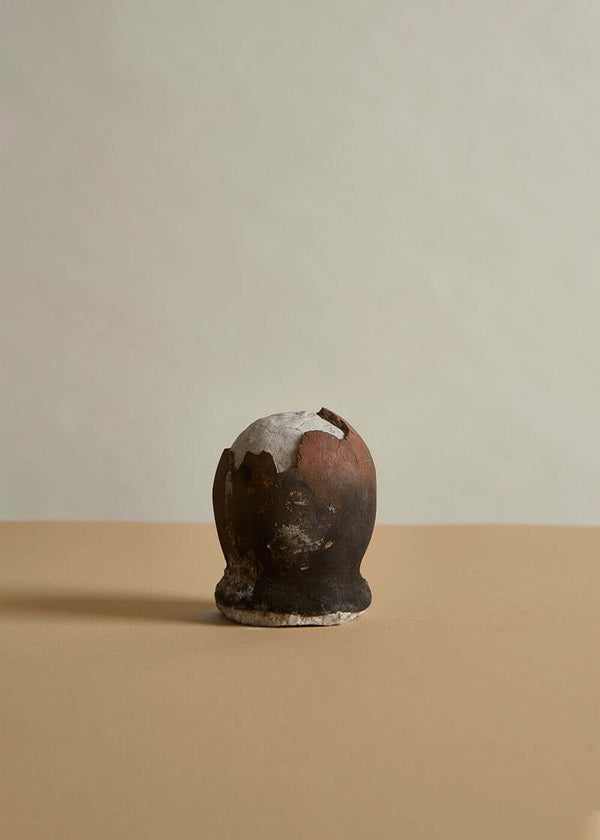
ASIN TIBUOK - the Philippine salt in a clay 'egg'.
This product is unavailable
Delivery
We offer a $15 flat rate Australia wide and free shipping for orders over $150.
We securely ship all SCOBYs, live cultures, and refrigerated items via express post every Monday and Tuesday.
Please note we are unable to ship cold items, SCOBYs and live cultures to PO Boxes or internationally.
In the rare event that any item purchased from our online store arrives faulty, we are committed to providing a prompt replacement or full refund.
FAQs
Click here to view the full list of FAQs.
Asin Tibuok is truly a rare, artisanal sea salt. Once used for trade, and preservation to keep the salt dry in a wet season. It is also known as #TheDinosaurEGG purely for the way it looks. Minted into the coveted Slow Food Ark of Taste in 2016. (The ‘Ark of Taste’ was created by the global Slow Food movement to recognize the existence of extraordinary heritage offerings, drawing attention to the risk of their extinction within a few generations).
Watch Erwan Heussafs the vlog FEATR about the salt here.
We are proudly offering this salt after watching and hearing about it for a couple of years - the only way to try it was to bring it in. It's a pricey little egg - but actually, one that sits with pride in our kitchen amongst the other salts. (Obviously not a minimalist kitchen...) It tastes of mild smoky undertones - some umami, as well as sweeter notes. We have shaved it on desserts, as well as butter and tomatoes and... oily pasta... the list goes on. Using a microplane for shaving, you'll need to chip the clay away to access the salt as you go. Comes in a box, wrapped in tissue paper with a detailed card explaining how special this salt is.
How's it made? What even is it?
"While the salt is consumed locally in Bohol, it is not currently distributed anywhere else in the Philippines, after the country passed the ASIN Law in 1995, which required the addition of iodine to all salt in order to combat the prevalence of goiter or iodine deficiency. The law’s impact has led many indigenous communities to give up the salt-making process altogether, with all their unique varieties slowly going extinct. Even Asin Tibuok has become increasingly rare, as future generations of the notoriously mysterious family who makes the salt have become reticent to continue the tradition."